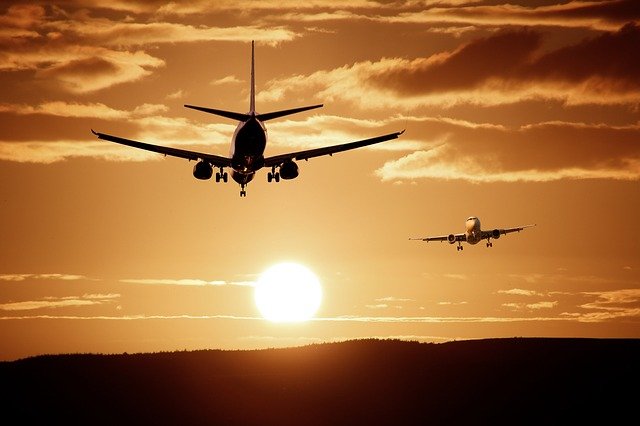The International Air Transport Association announced strong demand growth in air travel for March 2023.
Total traffic in March 2023 (measured in revenue passenger kilometers or RPKs) rose 52.4 per cent compared to March 2022. Globally, traffic is now at 88.0 per cent of March 2019 levels.
Domestic traffic for March rose 34.1 per cent compared to the year-ago period. Total March 2023 domestic traffic was at 98.9 per cent of the March 2019 level.
International traffic climbed 68.9 per cent versus March 2022 with all markets recording healthy growth, led once again by carriers in the Asia-Pacific region. International RPKs reached 81.6 per cent of March 2019 levels while the load factor at 81.3 per cent exceeded the March 2019 level by 10.1 percentage points.
“The calendar year first quarter ended on a strong note for air travel demand,” says IATA director general Willie Walsh.
“Domestic markets have been near their pre-pandemic levels for months.
“And for international travel two key waypoints were topped. First, demand increased by 3.5 percentage points compared to the previous month’s growth, to reach 81.6 per cent of pre-COVID levels. This was led by a near-tripling of demand for Asia-Pacific carriers as China’s re-opening took hold.
“And efficiency is improving as international load factors reached 81.3 per cent.
“Even more importantly, ticket sales for both domestic and international travel give every indication that strong growth will continue into the peak Northern Hemisphere summer travel season.”
Asia-Pacific airlines had a 283.1 per cent increase in March 2023 traffic compared to March 2022, continuing the robust momentum since the lifting of travel restrictions in the region.
Capacity rose 161.5 per cent and the load factor increased 26.8 percentage points to 84.5 per cent, the second highest among the regions.
“As traveler expectations build towards the peak Northern Hemisphere summer travel season, airlines are doing their best to meet the desire and need to fly,” says Willie.
“Unfortunately, a lack of capacity means that some of those travelers may be disappointed.
“Part of this capacity shortfall is attributable to the widely reported labor shortages impacting many parts of the aviation value chain, as well as supply chain issues affecting the aircraft manufacturing sector that is resulting in aircraft delivery delays.
“However, a significant share of recent flight cancellations, primarily in Europe, are owing to job actions by air traffic controllers and others. These irresponsible actions resulted in thousands of unnecessary cancellations in March. This is unacceptable and should not be tolerated by the authorities.”



